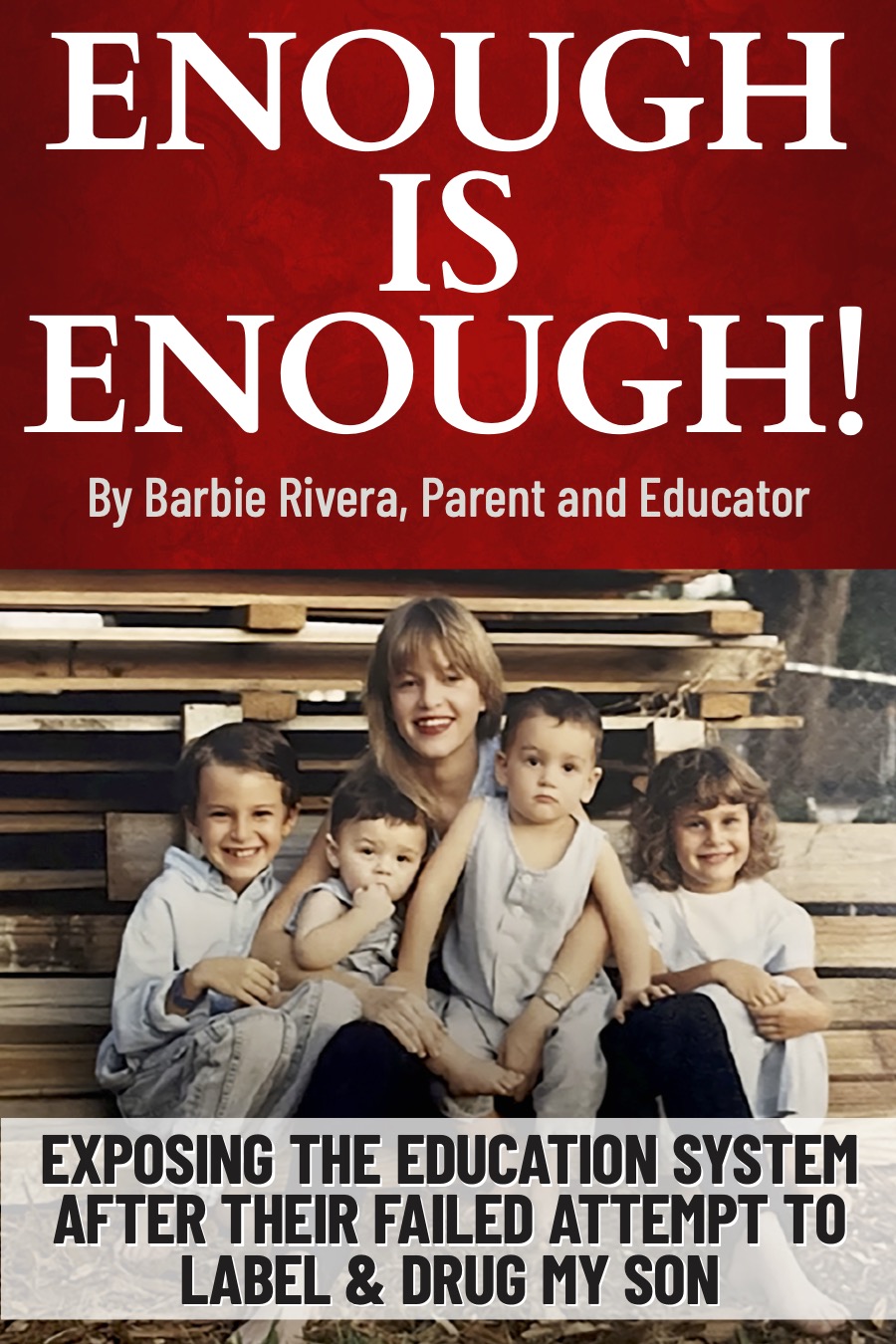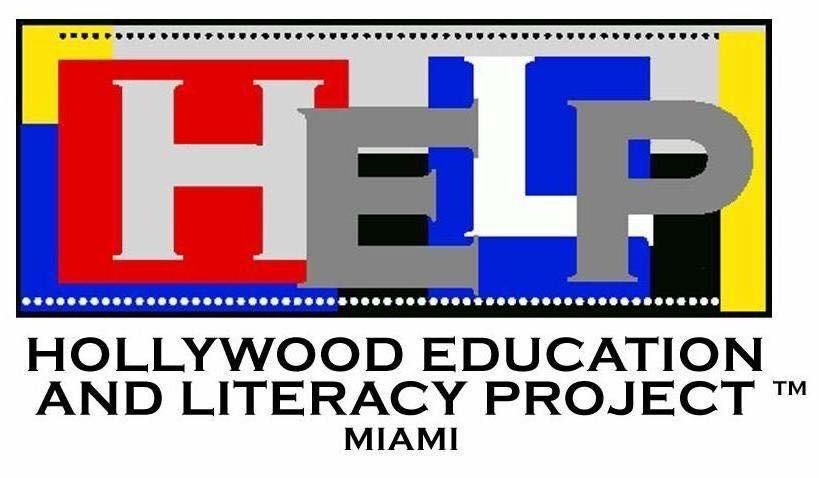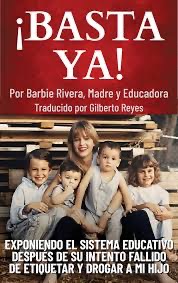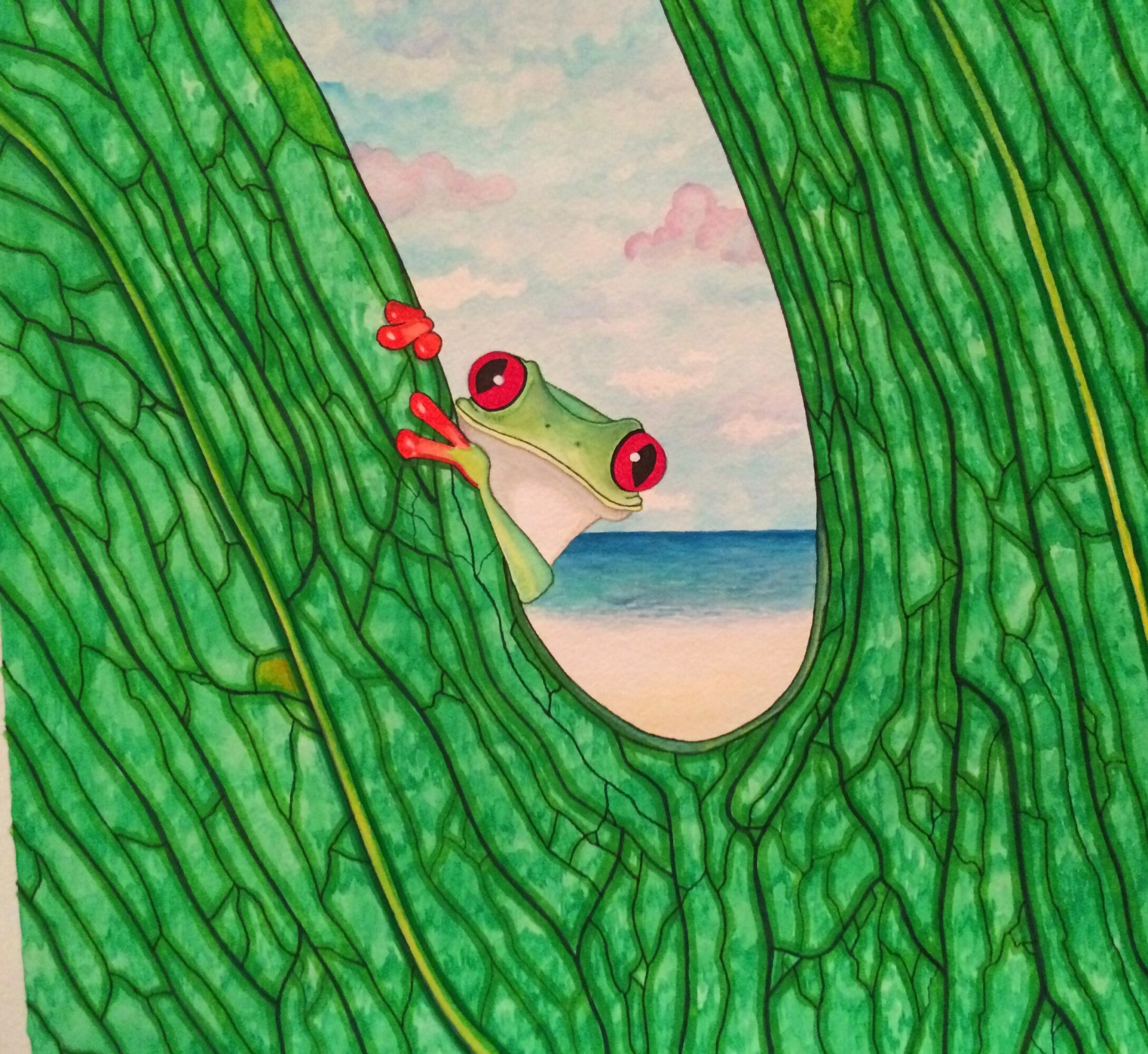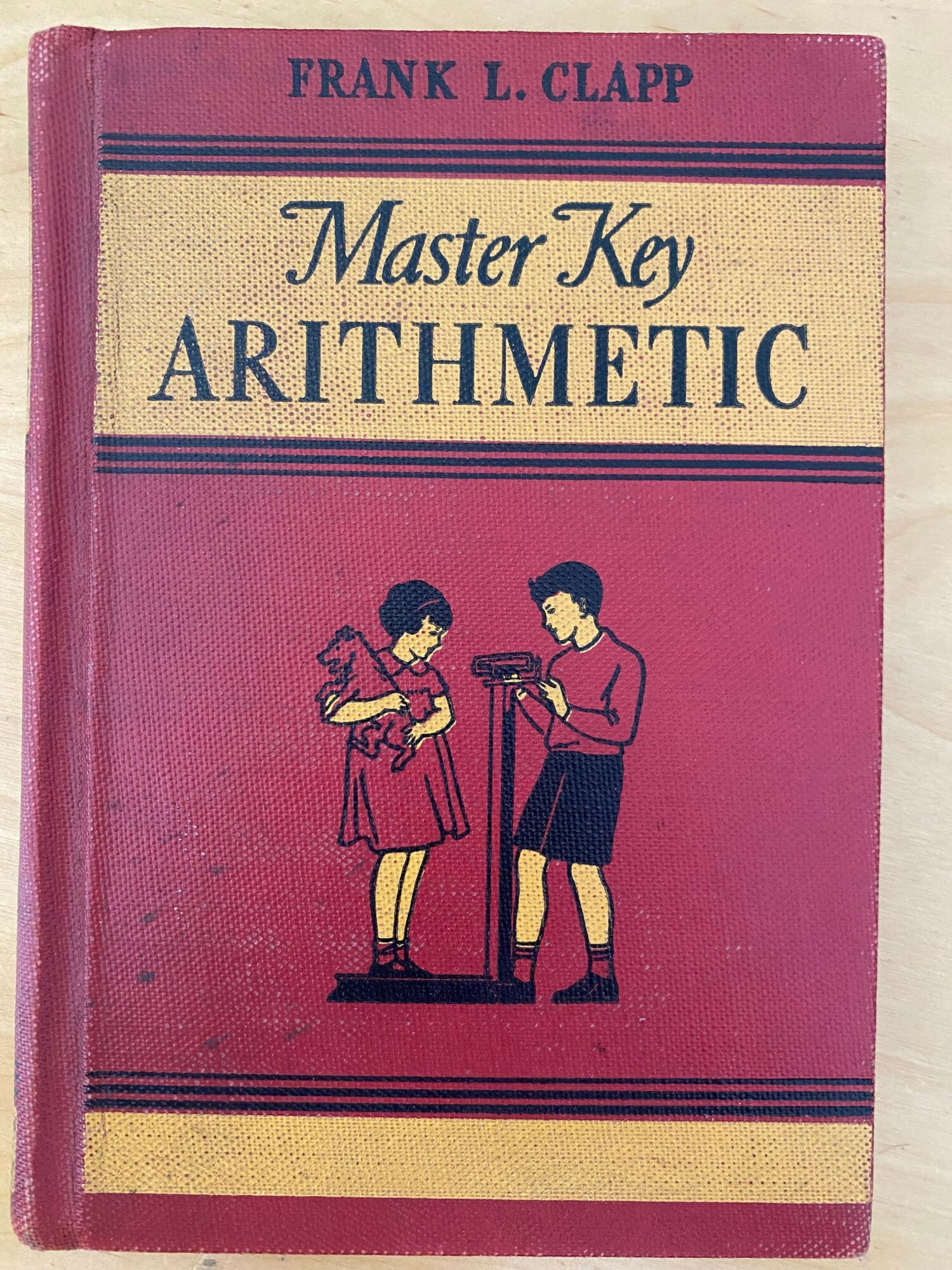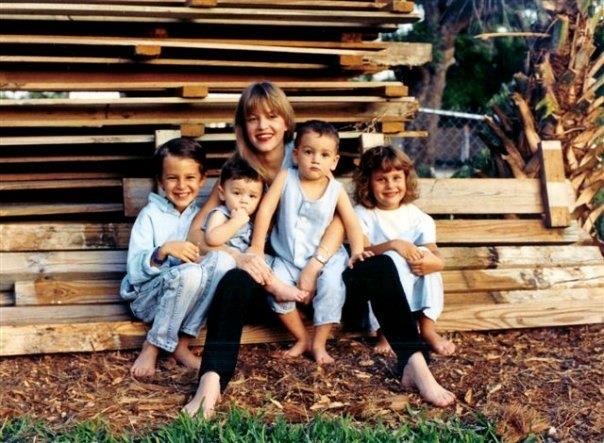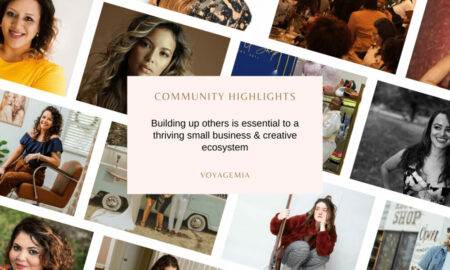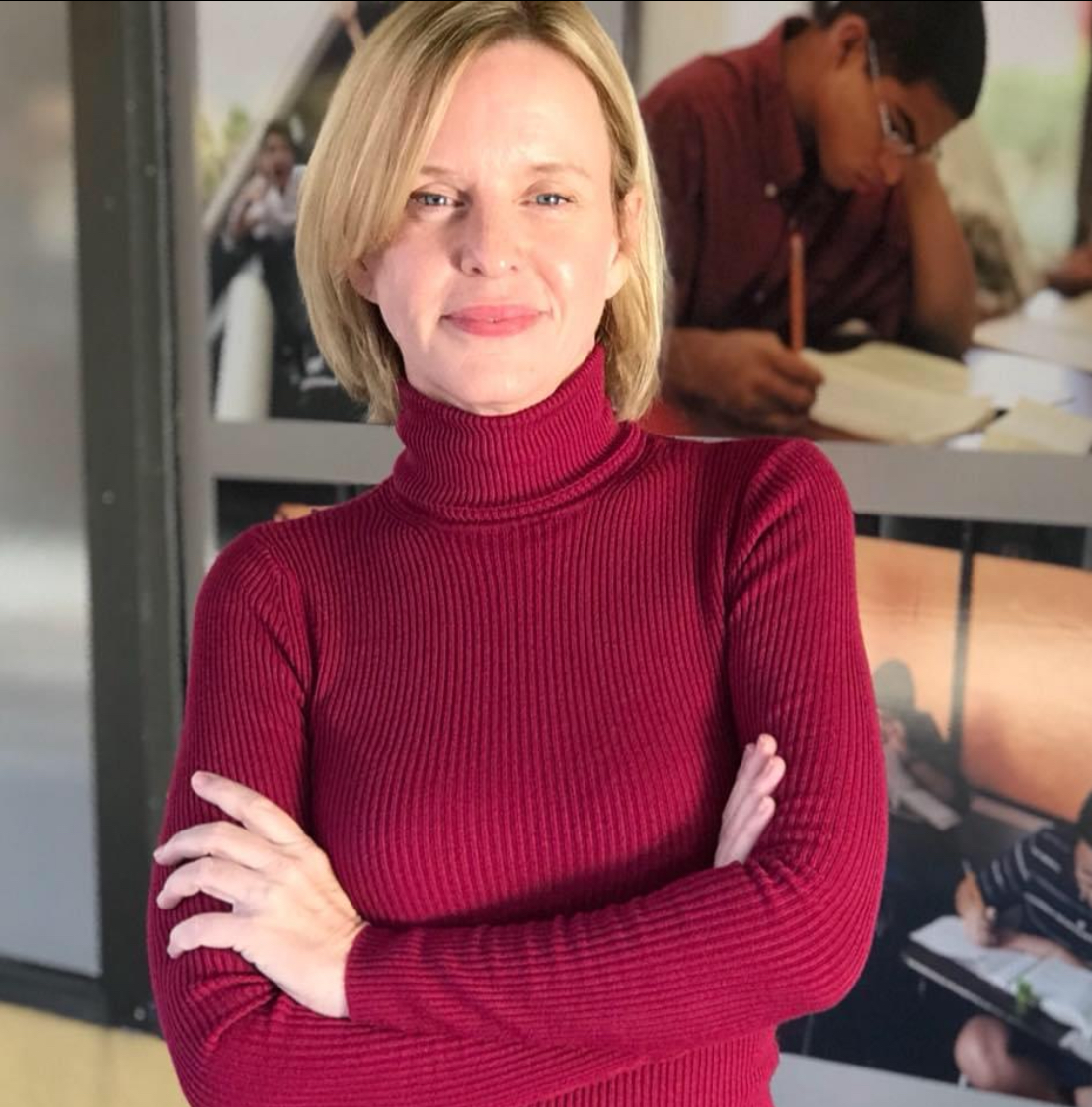

Today we’d like to introduce you to Barbia Rivera.
Hi Barbia, can you start by introducing yourself? We’d love to learn more about how you got to where you are today?
If someone would have told me that my artistic skills would be best utilized as a homeschooling mother I would have completely disagreed. Me, an educator? No way. In my twenty-something mind, “art” involved paint, canvas, mental highs and lows, and a dedication to turn a vision into something that looks good hung on a wall. To me THAT was “art.”
Turns out I was wrong.
I was 7 months pregnant with my fourth child when a teacher told me that my oldest, a first-grader, was “mentally handicapped” and in need of psychotropic medication. This statement was made just 10 days into the school year. The facts were that my son was fluent in two languages, extremely well behaved and very bright. He learned how to tie his shoes, catch a ball and could put together LEGO sets without help.
The teacher was concerned because my son was not yet reading. However, she fully expected him to do full book reports!
It was not that my son could NOT read-he had just never been properly taught HOW to read.
Long story short, because I had two toddlers and a newborn, I kept my son in school because I did not think I would be able to homeschool him.
I was WRONG again.
I saw my son’s spark just get less and less the longer he stayed in school. Where he used to excited, he was subdued. Things that used to make him happy no longer had the same effect. He was shutting down under the strain of hours of homework. And I thought I was being a “good mom” by sitting with him until he finished the work. A nightly grind of unhappiness. And after a full year of this torture, my son voiced he was stupid. This was the only thing he got from school.
I opted to homeschool him and his siblings. His brothers were still in diapers, but when they were of age, they would not go to school. I did not my daughter or younger boys to go through my oldest went through.
At the time, the word “micro-school” did not exist, but this is what I created. My artistic skills came in very handy. This was before every home had a computer and printer so I hand-drew math worksheets. I made flashcards. I created customized handwriting sheets for each of the 11 students I was teaching. I often had a baby in my arms, but it worked.
My activity continued to grow, then a very generous woman funded moving my school into a local store-front, and now I had a private school. (H.E.L.P. Miami helpmiam.org)
Can you talk to us a bit about the challenges and lessons you’ve learned along the way. Looking back would you say it’s been easy or smooth in retrospect?
This has not been the smoothest journey. The first challenge was surviving a divorce. Not much to say. My ex was “done,” drained all bank accounts and left. No help. No child support-he was gone. Having no back-up plan or so-called “side-hustle,” I put everything I had into my only income source. I had to keep my school running.
Not only was it running, it continued to grow.
Enrollment had been on a steady yearly increase since 1992. Within a few years of moving into a local strip mall, I had so many students that I secured a second storefront in the same mall. Soon I had 104 students and 14 staff. My school was packed with students who had (in my opinion) been incorrectly deemed unable to learn, who were now thriving.
Part of my successful actions as an educator were to keep groups small, assign low to no homework, and use, in some cases, decades old textbooks, where math was math and English was English (none of the confusing textbooks or Common Core nonsense used today).
Then the second disaster hit: Covid. Building codes changed-which forced me out of my second location-enrollment stats crashed, and I lost half of my staff as their cost of living doubled, and blah, blah, blah. It was awful. Even with the bad news and lockdowns, my teachers were amazing, quickly adapting to online learning. I never want to go to online learning again, but we did pretty well considering. By the way, the store-front I lost due to change in building codes is now a psychiatric center for children!
If there was one “positive thing” to come out of Covid was a change in my personal mindset. I had the realization of just how “frail” the world was. In 26 years of running a school, with rising stats; an international pandemic nearly wiped me out. I believe the lockdowns, and devices-(a whole other story) has had a major negative impact on our children. School was “bad” thirty-something years ago when my son was in first grade. Things have only gotten worse. Now after Covid, American children have never been in worse academic shape. Reading and math test scores are crashed. Labels and drugs are skyrocketing.
I felt I had to do something about education on a larger scale. I at least had to TRY. And let’s face it: America needs an effective solution for the millions of children who are getting labeled and medicated instead of correctly educated. So on the advice from a friend (thank you Tom from DC) I wrote a book. Enough Is Enough! is an unforgiving look at what I went through with my own son and what I have encountered as a self-made educator and principal. It reads like a horror story-with the exception that I give a real, practical approach to reversing the educational decline.
Thanks for sharing that. So, maybe next you can tell us a bit more about your work?
The biggest thing that sets me off from other educators is that I hold no degree. I saved my son out of sheer determination. I knew he could learn. The trouble was, every person with a college degree that met my son, was convinced that mind-altering drugs was the only hope.
When I asked: How many children were cured of the academic struggles after taking the drug, I was told it did not work that way.
That simply was not the right answer. I am not anti-doctor, but why on earth would I give my some a drug that alters the central nervous system and think that this would help him in school. Would drugs guarantee my son would excel in school? Would they set him up for a stable adulthood? No. I was up to me to fix this. (I know this all sounds brave but I PROMISE you I had doubts.)
Thankfully, I came across a very effective study-method in my early days of homeschooling and I continue to use today. The book is called Learning How to Learn based on the study methods developed by L. Ron Hubbard. This was, for lack of a better phrase, a scientific approach to learning. My biggest take away from this method was the importance of knowing definitions of words and having the ability to demonstrate their use. For example, in over 30 years, no child (or parent for that matter) confused about “fractions” has ever been able to correctly define the word “fraction.” Which simply means, “an equal part of a whole.” Miraculously, once a student understands the word and can demonstrate it, such as half a cup of sugar, not a whole cup; the lightbulb goes on. There are maybe a dozen key words to understanding “fractions” and once these are known, the student can master the skill. I have personally seen students advance full grade levels in just a few hours of learning and demonstrating basic math terminology.
Speaking beyond just math, the National Literacy Institute 2024-2025 reports that 54% of American adults have a literacy below a 6th-grade level. (20% are below a 5th grade level.) This is unacceptable, but I firmly believe this can be solved, which I cover extensively at the end of my book.
To me, the key is going back to basics and implementing textbooks that are free from political or psychological agendas. Texts that define words, move a slow-gradient of mastery, and that progress in a logical order. And these texts DID exist.
In 1910, America was ranked number 1 in the world educationally. This fact inspired me to take a closer look at just what was going on in the early 1900s. Why were Americans so much more educated than today? Well, I can tell you what WASN’T going on in a first grade class in 1910-labels and drugs were NOT going on. Children were not expected to sit in a chair for 8 hours a day. No. The early 1900s were devoted to mastering basics, without overwhelming the young students, and making them turned-off to learning. Mastering basics included games, play, exploration. It was interesting for both the student and teacher. I can tell you that the entire teaching philosophy was much different 115 years ago. It was not the pressure cooker it is today. This is vastly different to the experience my son had in first grade-one may think he was studying for a PHD with all the work he was given.
I begin building a library of elementary school textbooks from this time period. Textbooks that I fully intend to bring back to life. I want children to love school like I did. I want teachers to love teaching like I have. The key lies within the materials.
My legacy is creating textbooks. This is a million dollar endeavor. My intention is to fund this through the sale of my book Enough Is Enough! which is available on Amazon. The Spanish version, Basta Ya! is available as well.
By the way, if one subscribes to barbierivera.com, not only can you listen to various podcasts I have been on, but you’ll get a PDF of the first six chapters of my book Enough Is Enough!
Pricing:
- Enough Is Enough! $19.99 Available on Amazon
- Basta Ya! $19.99 Available on Amazon
Contact Info:
- Website: Barbierivera.com and helpmiami.org
